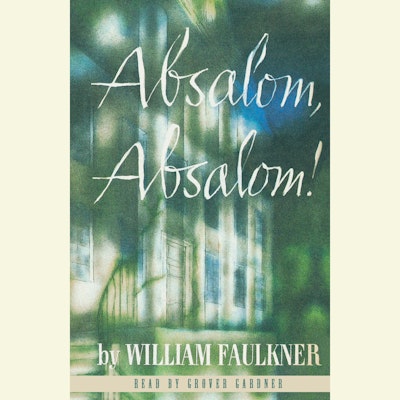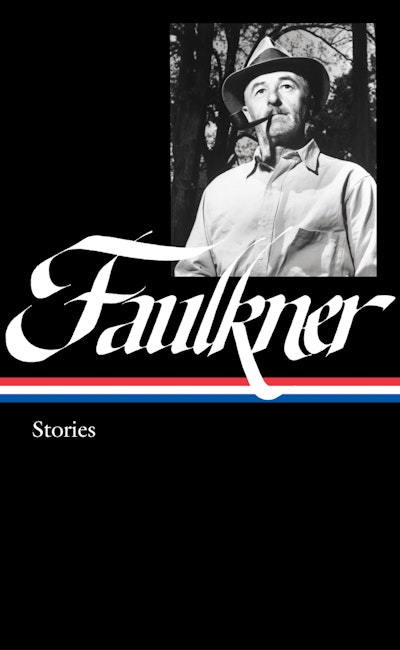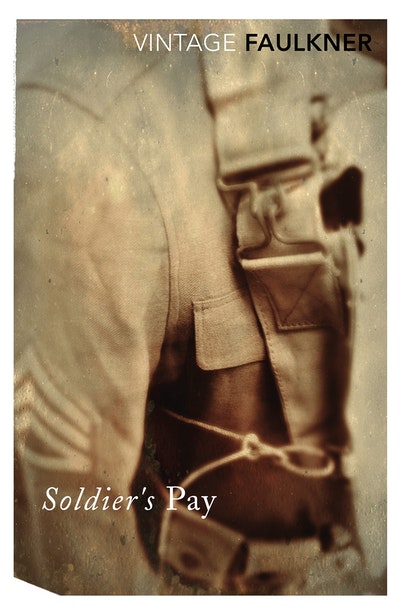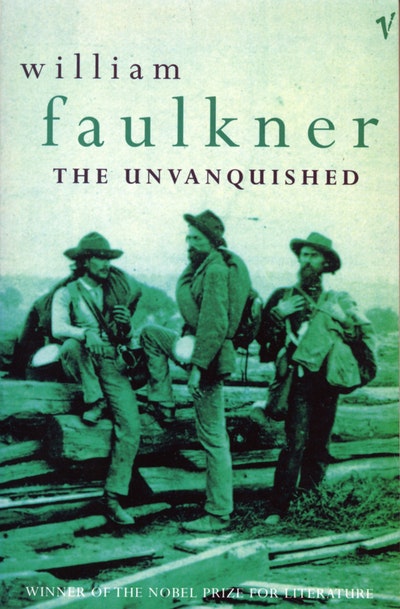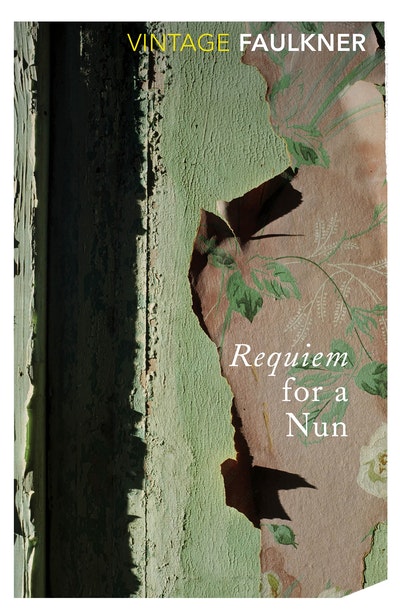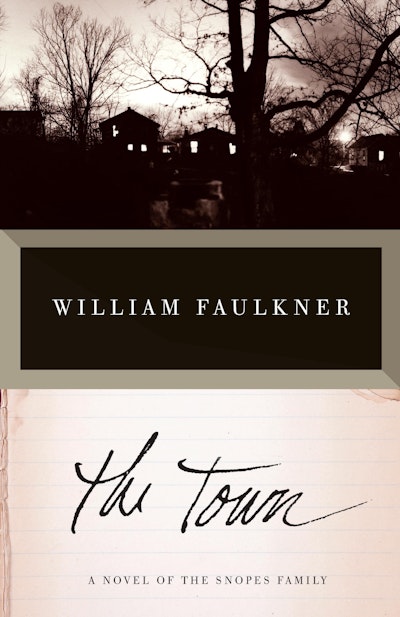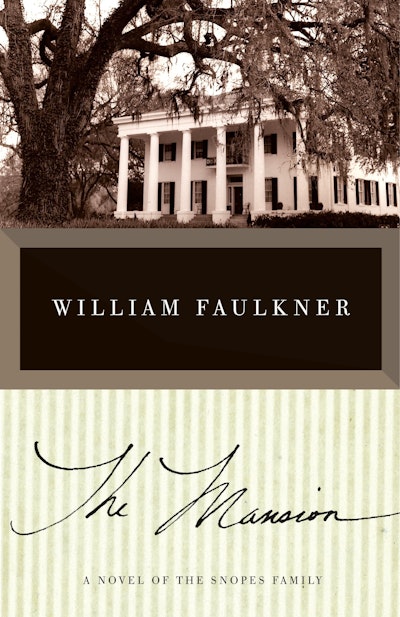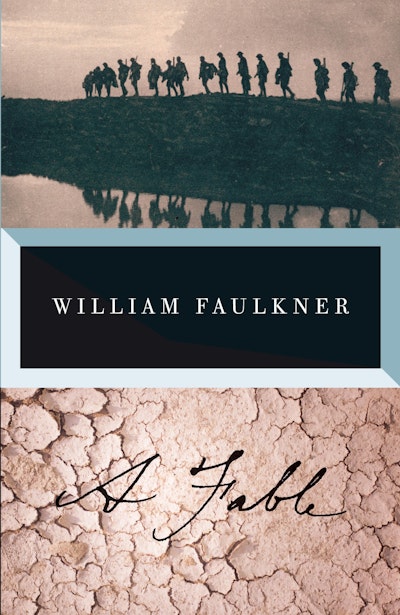- Published: 4 April 1995
- ISBN: 9780099475118
- Imprint: Vintage Classics
- Format: Paperback
- Pages: 384
- RRP: $35.00
Absalom, Absalom!
- Published: 4 April 1995
- ISBN: 9780099475118
- Imprint: Vintage Classics
- Format: Paperback
- Pages: 384
- RRP: $35.00
The novel in which Faulkner most profoundly and completely says what he has to say about the South and the human condition
Walter Allen
For range of effect, philosophical weight, originality of style, variety of characterisation, humour and tragic intensity [Faulkner's Works] are without equal in our time and country
Robert Penn Warren
For all his concern with the South, Faulkner was actually seeking out the nature of man. Thus we must turn to him for that continuity of moral purpose which made which made for the greatness of our classics
Ralph Ellison
The magnitude of Faulkner's characters lies in their blood and bone and sinew: the exquisite specificity of their human fallibility... Faulkner seemed incapable of separating intimate character from universal truth, and this rough refusal - both humble and defiant - was at the root of his force as a writer... No other American writer has achieved such staggering heights of form
Boston Globe
Heart-pinching
New York Times
A dazzling meditation on memory, history, destiny, race, miscegenation, class, and - of course - incest
The Times
By universal consent of critics and common readers, Faulkner is now recognised as the strongest American novelist of the century, clearly surpassing Ernest Hemingway and Scott Fitzgerald, and standing as an equal in the sequence that includes Hawthorne, Melville, Mark Twain and Henry James
Harold Bloom
His mind to him a kingdom was; or rather, a county, Yoknapatawpha. He breathed on it and gave it life, a luminous world of rustics, comic and sinister, of inchoate historical processes and tragic human beings, earning dignity by endurance
Independent
